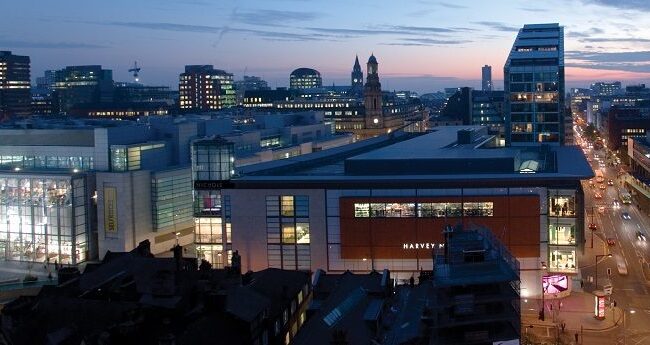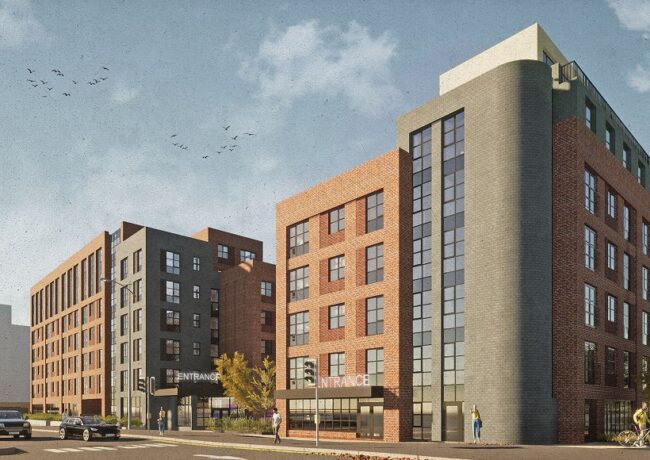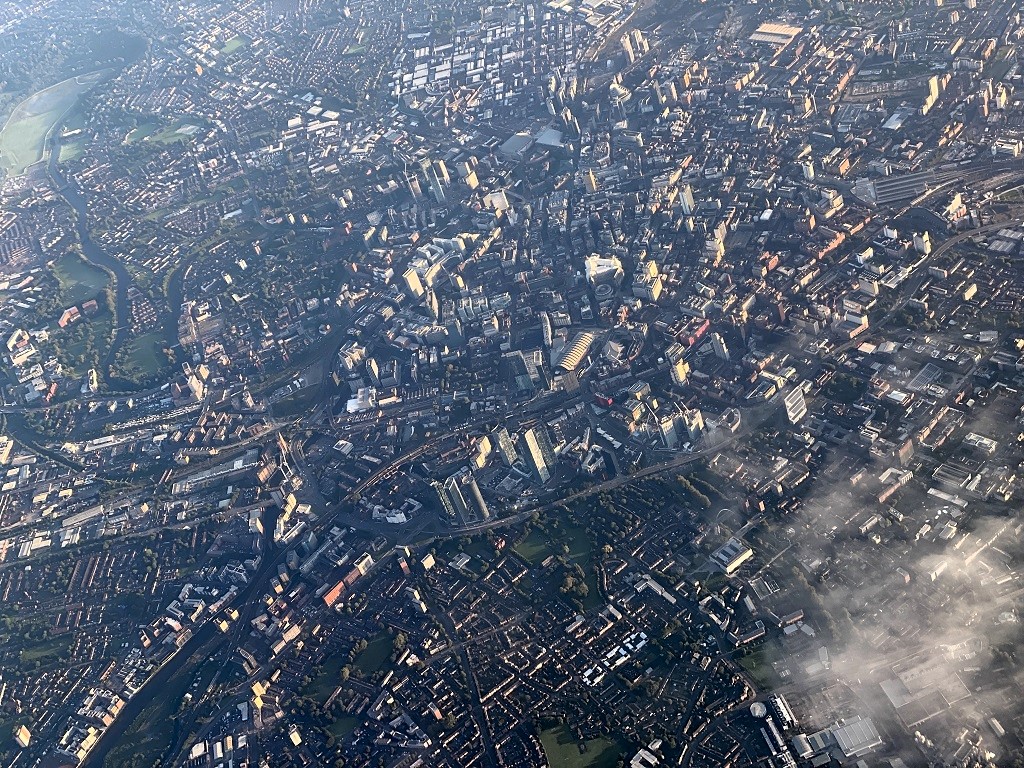MIPIM: Five things Manchester must do to climb league tables
 As the city's delegation heads to MIPIM 2013, David Lathwood, director and head of Jones Lang LaSalle in the North West, outlines changes Manchester needs to make to secure greater global standing.
As the city's delegation heads to MIPIM 2013, David Lathwood, director and head of Jones Lang LaSalle in the North West, outlines changes Manchester needs to make to secure greater global standing.
In meetings from MIPIM to Munich over many years, Manchester's property community has been talking the city up as unquestionably the UK's second. Late last year a report by Jones Lang LaSalle ranked Manchester 15th in the world for real estate investment relative to the size of its economy. But when looking at rivals for global capital like Lyon, Boston and Vancouver, the city has an essential checklist of projects it needs to deliver, representing short and longer term challenges.
Here are my five key objectives for Manchester:
1. Improving our welcome
The airport, Princess Parkway, A6, three city centre railway stations – these are the reception rooms of Manchester. First impressions count and in many conversations with overseas investors their shortcomings are often referenced. It may sound trivial, but global investors often compare the welcome they receive in cities like Frankfurt with Manchester and say that we don't quite measure up.
Simple things, such as the long and zigzagged journey from the aircraft door into the terminal, or the choking congestion on the city's main arterial routes made worse by traffic restrictions, make a big difference to the impression Manchester gives to potential occupiers.
2. Exploiting our cultural links
Manchester has large South Asian and Chinese communities, each of which has strong cultural and commercial ties to these emerging global economic powerhouses. The city needs to support and promote these links, with its banking community and promotional bodies such as Pro-Manchester taking the lead. Local politicians and organisations like the CBI also need to do more to strengthen and deepen the relationship between the city's core commercial centre and these communities, which in many senses remain on the fringes of Manchester's business life.
3. Understanding and realising the ambitions of universities
The future of the city is forged in its universities. The good news is that establishments like the University of Manchester are leading the field in many key areas – every year it is the most overly subscribed university in the UK.
The city's professional community, from its lawyers to its surveyors, need to be closely aligned to each university's respective growth plans. They are Manchester's representatives to the world with a responsibility to talk authoritatively about what the universities can offer to potential occupiers.
Manchester also needs foreign students to come to the city and thrive so that they can act as positive advocates back in their home countries. Much like with the communities mentioned in my previous point, the city's business world needs to forge links with overseas alumni associations.
4. Stopping the rot in the heart of the city
The arrival of new shopping districts in areas like Spinningfields and the shifting dynamics of the retail market are slowly turning places like King Street into a row of vacant shop fronts. St Ann's Square is also under threat.
One look at Manchester's foreign competition shows that such wastelands are not allowed to emerge right in the heart of their city centre business districts, and Manchester must heed this warning.
An action plan needs to be developed to help reverse the decline of these once thriving areas. King Street could well emerge as a new restaurant quarter for the city and this solution, or any others for that matter, need to be a priority for policy makers.
5. Enhancing our cultural offering
When comparing ourselves to our regional peers, Manchester's cultural and leisure offering scrubs up very well, but again on the world stage it has some room for improvement.
The exit interviews with many of the BBC émigrés returning to London after trying out Manchester for a year consistently cite the city's lack of theatres and restaurants, when compared to the capital, as a major factor in their decision to leave. More space for restaurants on King Street would help, as would reviving plans to bring a Royal Northern Ballet to Manchester.





There are loads of restaurants in Manchester.
By RP
Excellent summary by David Lathwood. Spot on. RP – the restaurant offer is chains and generally low to medium quality fayre. This does not compare to any international city. Where are the Michelin star establishments and middle class night entertainment? There is a gaping whole in the cultural and food offering. Its fine for stag parties and minibuses full of revellers from the Gtr Mcr towns and suburbs who want cheap crap food and cheap booze. What else does Manchester city centre have to offer at the weekend…? For these reasons Manchester will only be a good regional city and will not be able to complete the rest of the world. I cannot see the Glazers or the Sheikhs or any Russian or Chinese billionaire (let alone the Beebs Gary Lineker and cronies) spending a night out in Manchester. Amen.
By CJ
Is this really Mr Lathwood? …reviving plans to bring a Royal Northern Ballet to Manchester??
By Bolshoi